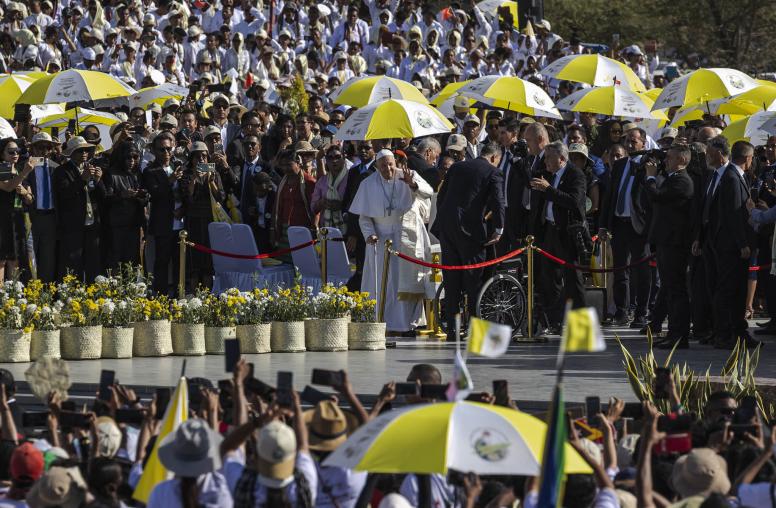The Aceh Peace Process: Nothing Less than Success
An EU-led mission completed its mandate of monitoring and supporting the peace process in the Indonesian province of Aceh on December 15, 2006. This report looks at the reasons for the successful outcome of the Aceh peace process, which offers useful lessons for peace implementation elsewhere.

Summary
- Even though the first contacts between the Indonesian government and the Free Aceh Movement (GAM) had already taken place before the December 2004 tsunami struck, the disaster consolidated the political will to leave old grievances behind and join forces in the reconstruction process and the creation of a sustainable future for the people of Aceh.
- The determination of both parties, considerable pressure from Aceh’s people, and significant support from the international community helped ensure a solution to the thirty-year armed conflict with dignity for all.
- The Aceh Monitoring Mission was the first European Security and Defence Policy operation in Asia and was conducted with five participating states from the Association of Southeast Asian Nations (ASEAN).
- The European Union (EU) and ASEAN are now in a position to build on this experience and use AMM as a model for future cooperation in crisis management between regional actors. Parallels may be drawn to the root causes and possible solutions of other, somewhat similar conflicts in the region.
- The EU will stand by the people of Aceh in the ongoing peace and reconciliation and post-conflict reconstruction processes and is determined to develop a lasting and comprehensive partnership with Indonesia.
About the Report
An EU-led mission completed its mandate of monitoring and supporting the peace process in the Indonesian province of Aceh on December 15, 2006. A memorandum of understanding signed by the Indonesian government and the Free Aceh Movement in August 2005 in Helsinki had set up the mission. This report looks at the reasons for the successful outcome of the Aceh peace process, which offers useful lessons for peace implementation elsewhere.
Pieter Feith is the former head of the Aceh Monitoring Mission. An expert in crisis management, he has been deputy director general for politico-military affairs of the European Union since 2001. He also served in the Netherlands diplomatic service and in NATO, where he worked on crisis management in the Balkans.



